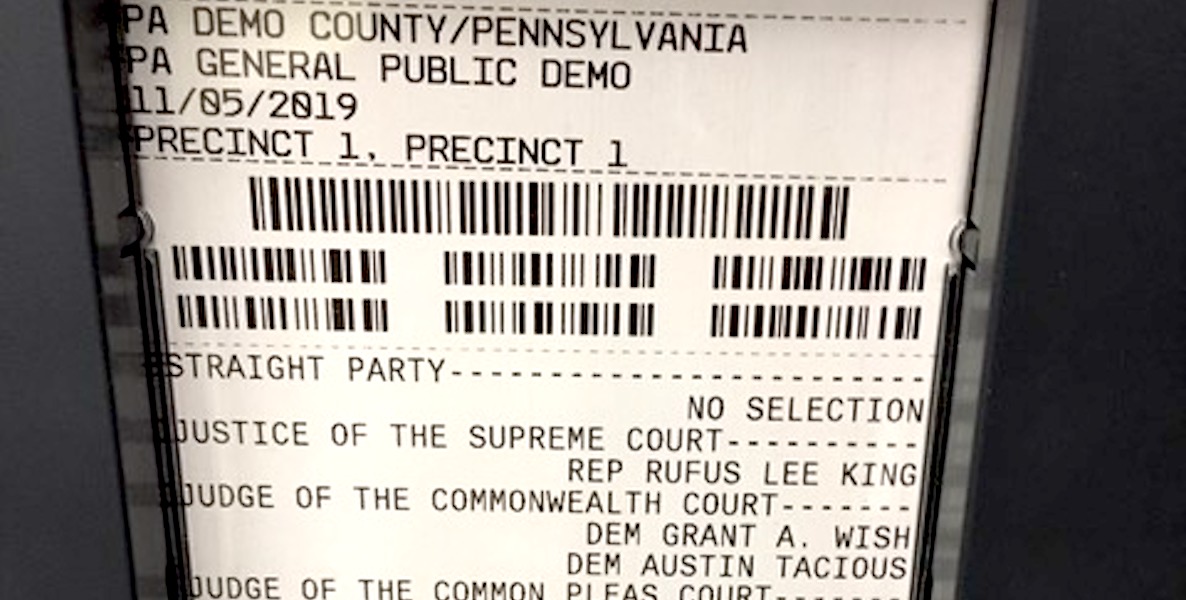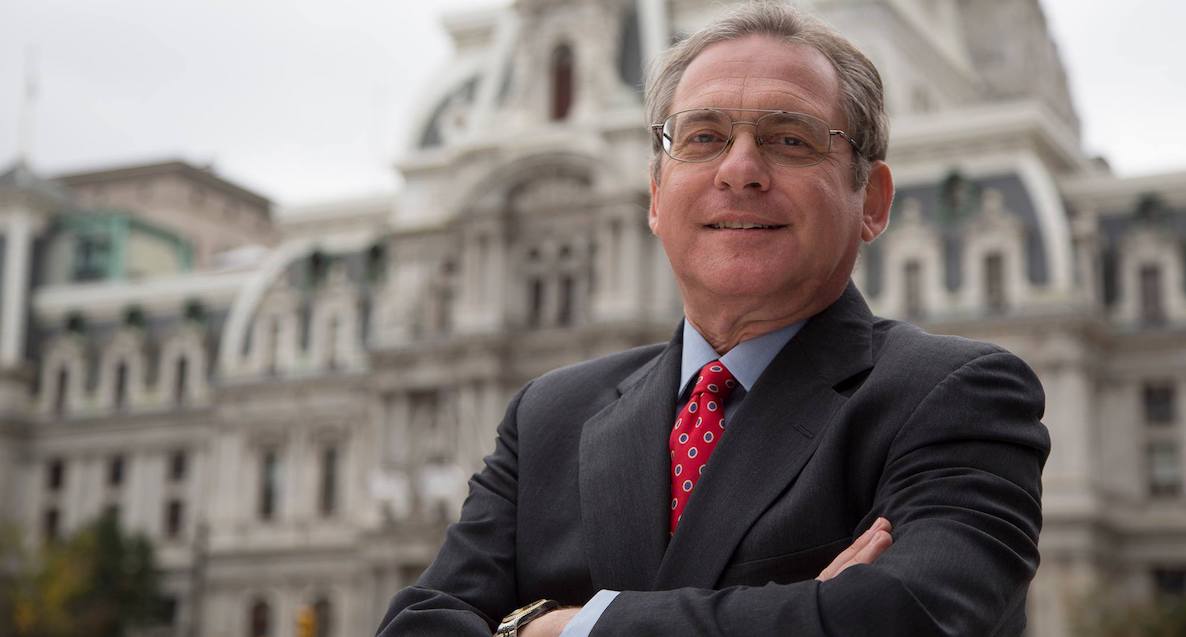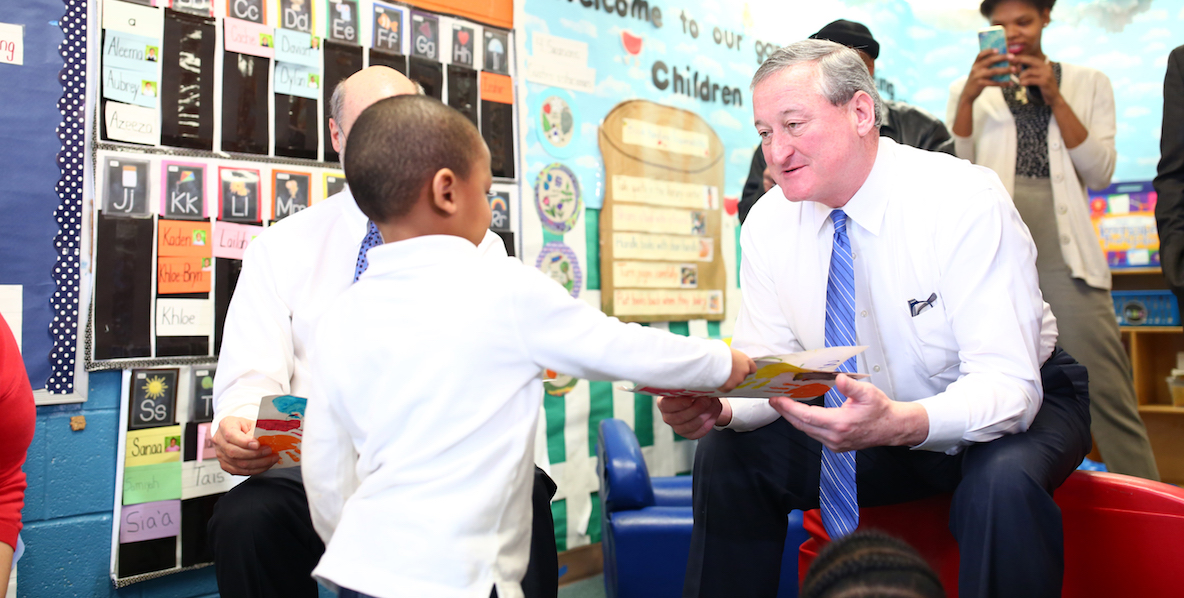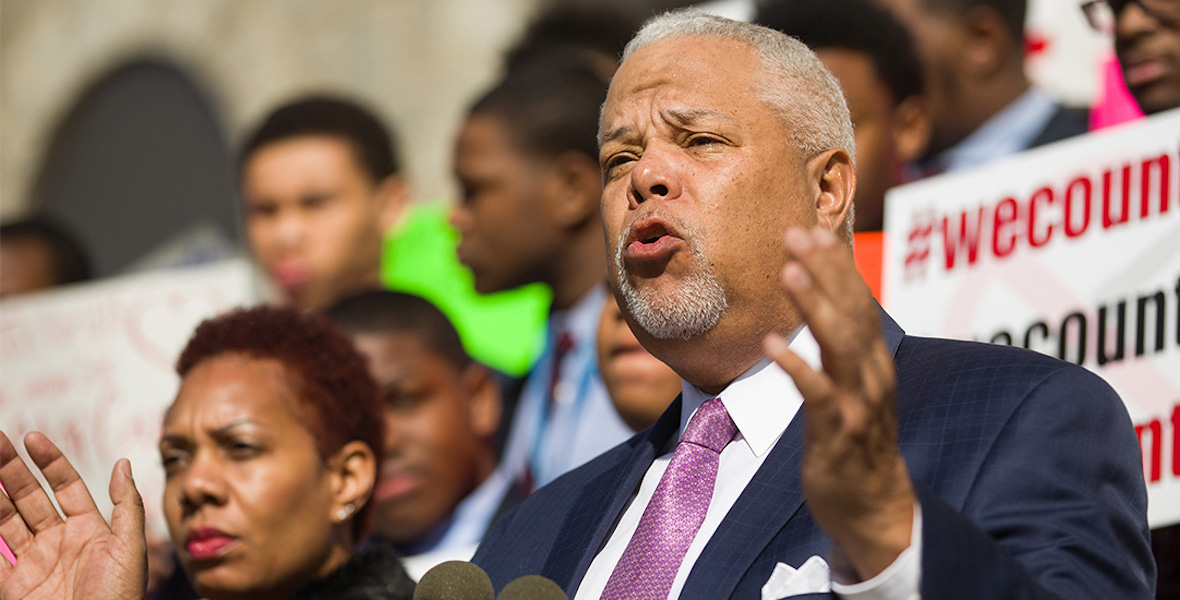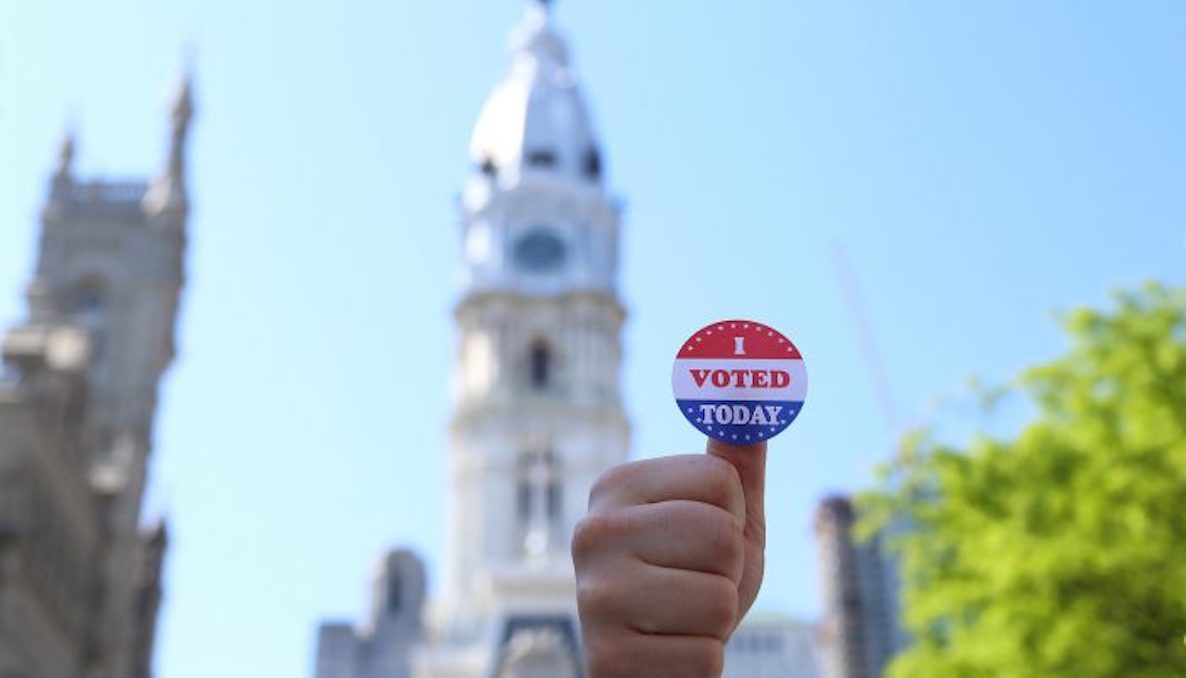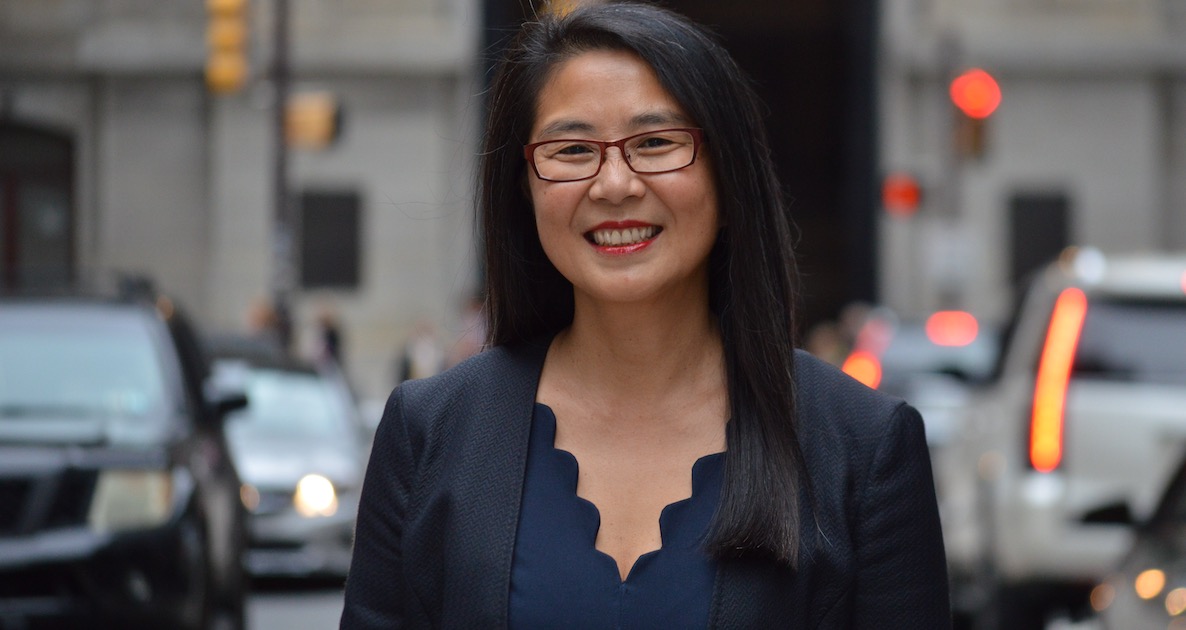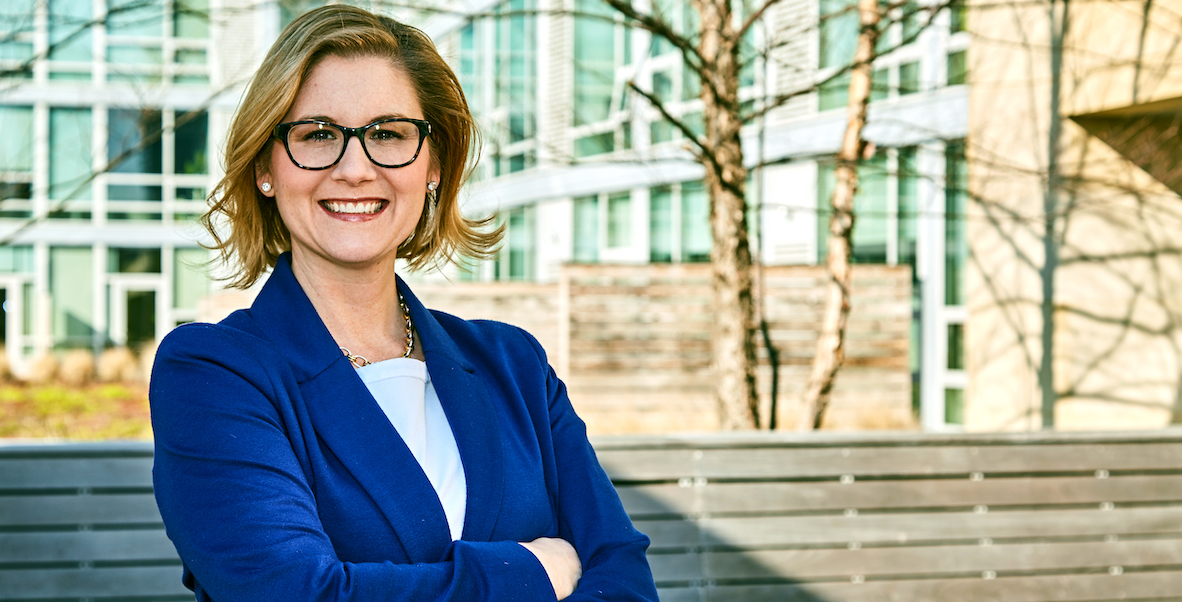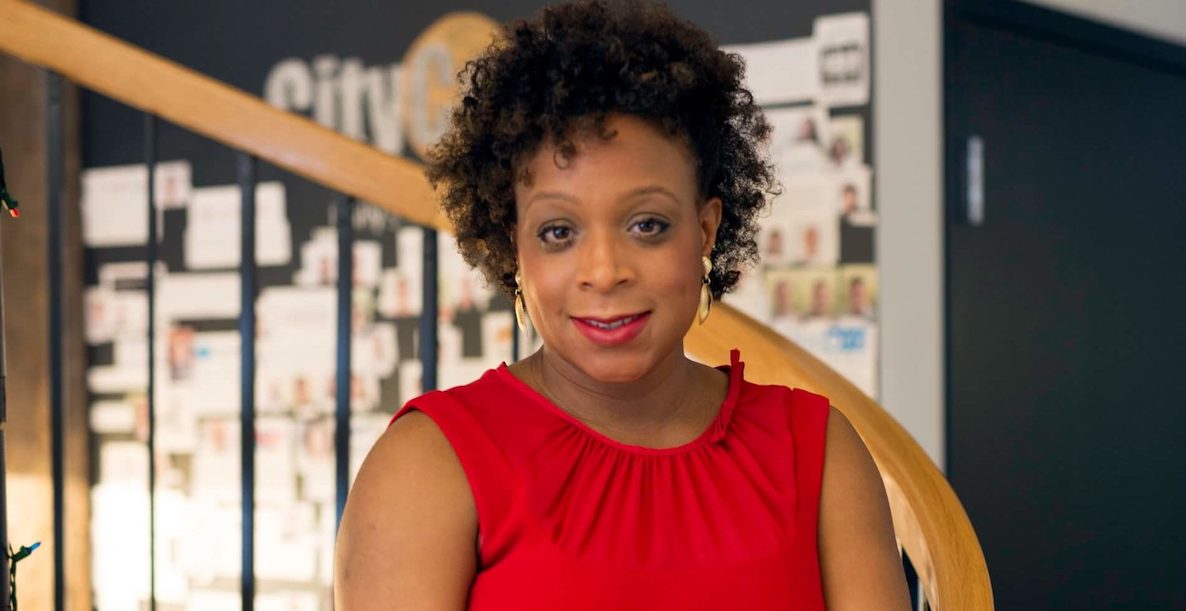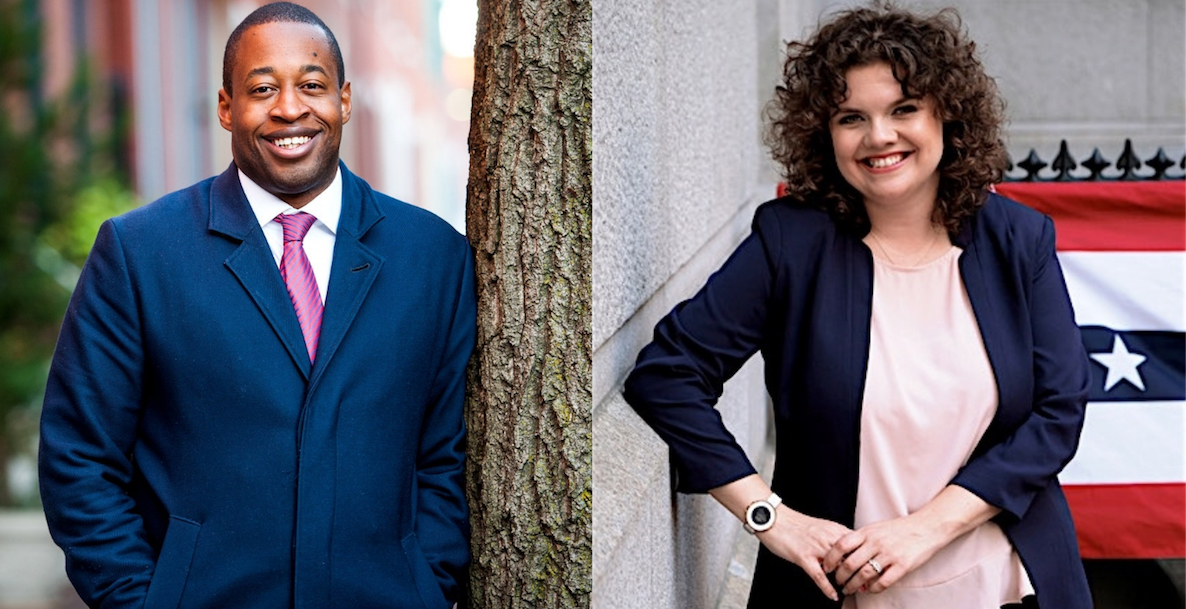By now, the “outsider” candidate is a familiar political trope. But let’s keep it real: Most of those who position themselves as sticking it to the man are at least establishment adjacent, no? Yes, Bernie ran a groundbreaking campaign four years ago. But only in the hallucinatory world of national politics can a Beltway insider who has served in Congress for 29 years be considered an outsider. Donald Trump, outsider? Dude had funded campaigns—Democratic campaigns, like Hillary Clinton’s Senate run—for years.

Prefer the audio version of this story? Listen to this article in CitizenCast below:
Audio Player
Fact is, true and pure outsiders are few and far between in our politics. And that is especially so in cities, like ours, that are run by political machines. An anecdote from Chicago’s halcyon machine days instructs: “On the way home from law school one night in 1948, I stopped by the ward headquarters in the ward where I lived,” Abner Mikva, who would go on to be a congressman, federal judge and law professor, said in a 1999 interview. “There was a street-front, and the name Timothy O’Sullivan, ward committeeman, was painted on the front window. I walked in and I said, ‘I’d like to volunteer to work for [Adlai] Stevenson and [Paul] Douglas.’ This quintessential Chicago ward committeeman took the cigar out of his mouth and glared at me and said, ‘Who sent you?’ I said, ‘Nobody sent me.’ He put the cigar back in his mouth and he said, ‘We don’t want nobody that nobody sent.’ This was the beginning of my political career in Chicago.”
“Imagine if we had a government that asked, ‘How can I help you?’” Moore says.
Well, Mikva passed on a few years ago, but the playbook he encountered back in the day still lives. And it’s alive and well here; even more so than in current-day Chicago, which just elected a true outsider as mayor. Which is why Philadelphia is in desperate need of somebody nobody sent. And that just might be Judy Moore.
On election day next week, the 39-year-old Moore, running unopposed, will win the Democratic nomination to square off against incumbent Republican Councilman Brian O’Neill in Council’s 10th district. O’Neill has represented Moore’s neck of the woods on Council—get this—since the year she was born: 1979, when, Moore notes, folks were flocking to see Rocky II in movie theaters and tripping over themselves to buy Sony Walkmans at the mall. Today, Moore is a Northeast Philly mother of three, a self-made executive in the hospitality industry, and the wife of a cop. She’s spent a lifetime defying odds, and has cultivated a spunky, spitfire attitude.
“Someone ought to do something about this,” Moore said to herself—and anyone who would listen—when she and her husband, Wes, an officer in the 7th police district, were about to send their daughter, Ryann, to high school. There were no suitable options, other than Catholic school. Moore saw teachers going into debt, having to pay out of their pocket for school supplies. Having gotten pregnant and given birth during her senior year of high school, she’d been saved by public school guidance counselors, who helped get her into LaSalle. With public schools stretched so thin, she wondered, who would be there for her kids?
Ever since her up close glimpse of the state of our schools, Moore has felt the urge to get off the sidelines. Things had gotten worse, not better, during O’Neill’s long run on Council, Moore realized. Soon, “someone ought to do something” morphed into “I’m going to do something.”
And why should you care?What is a "New Blood"?
Moore is the Chief Strategy Officer and Executive Vice President of the Garces Group, Jose Garces’ stable of restaurants. She’d started in hospitality as a waitress and hostess at joints like Cuba Libre in Old City, working to put herself through college. At Garces, she built an events and catering business and helped steer the company through its recent bankruptcy—and it wasn’t lost on her that our politics could use someone well versed in turnarounds. She enrolled in EmergePA, an intensive six-month boot camp for female candidates.
“I’d never run for anything, and never thought I would,” she recalled when I caught up with her recently. “Most of the women in my cohort had more political experience than me, and I started to learn just how hard it is to run. So I wasn’t too surprised the first time a man in politics told me to ‘wait my turn.’ I’d just walk away from those conversations and say to myself, ‘He has no idea what he just did.’ Tell me not to do something, and I’m doing it. They didn’t discourage me one bit.”
She ran for Committeewoman in ward 66-B, and won. Next, she set her sights on O’Neill. “Anyone who serves in this capacity for 40 years ought to be thanked and respected,” she says. “But it’s time for a change. That’s why I’m in favor of term limits. If you can’t get something done in eight years, you should do something else. Allan Domb proposed a term limits bill that would have grandfathered in current Councilmembers, and they still wouldn’t vote for it. I couldn’t understand it. Whether it’s the law or not, I’m going to term limit myself to two or three terms if I’m on Council.”
“I wasn’t too surprised the first time a man in politics told me to ‘wait my turn.’ I’d just say to myself, ‘He has no idea what he just did.’ Tell me not to do something, and I’m doing it,” Moore says.
Moore has lost count of how many men in suits patted her on the head and advised her to wait her turn. Rather than act aggrieved, she played naive. “I’d just say, ‘I’m new to politics and I didn’t know you had to wait your turn to run for office.’” Rather than be in-your-face, she says, “I was savvy about it. And it really was true that there were all these people out there just waiting for Councilman O’Neill to retire. Well, I wasn’t about to wait.”
As for policies, Moore is deliberately light on them at this point. She’s out every night and on weekends, speaking to groups and knocking on doors, asking voters what they want from their elected representative. “The thing that comes up most often, which really surprised me, is the cost of cable,” she says. “Everywhere I go, particularly among seniors, the cost of cable is a top issue.”
Articles about the primary electionRead More
But she does know her priorities: School funding, term limits, economic development—“it’s like the Northeast is stuck in the ‘70s or ‘80s; I’d like to get a Trader Joe’s up here”—and bridging the gap between police and the community. The latter issue comes straight from the nexus of her upbringing and her current life. She may be a cop’s wife now, but Moore grew up fearful of the police.
“We were poor, and my mother was a drug addict,” she says. “We were always hiding from the cops because we didn’t have car insurance or because of mom. But I know that most cops are good public servants. I want to be a bridge between the police and the community, a voice that can bring trust back.”
Similarly, Moore’s experience growing up with a drug-addicted mother—she passed away a decade ago—gives her a perspective on the opioid epidemic that she wishes more lawmakers shared. “This isn’t something that happens to ‘them,’” she says. “Addiction isn’t just about the person who is addicted. It affects whole families and communities.”
For Moore, more than any particular policy, the neighborhoods she has raised her kids in, communities like Rhawnhurst, Mayfair, Holme Circle, and Normandy, all need the same thing: An infusion of energy and new thinking and can-do spirit. And that fits her unique biography, as someone who knows from reinvention. Today, she’s not only a community member and a mom, she’s also an executive. “Someone who can read a P & L would be good on Council,” she says. To Moore, hospitality is more than an industry, it’s a way of life. Her “Bible,” she says, is restaurateur Danny Meyer’s Setting The Table: The Transforming Power of Hospitality in Business; if politics were truly about public service, Moore says, it would be required reading among government workers.
“You can’t teach hospitality,” Moore says. “You either smile and ask ‘How can I help you?’ or not. Imagine if we had a government that asked, ‘How can I help you?’”
Photo via mooreforphilly.com



